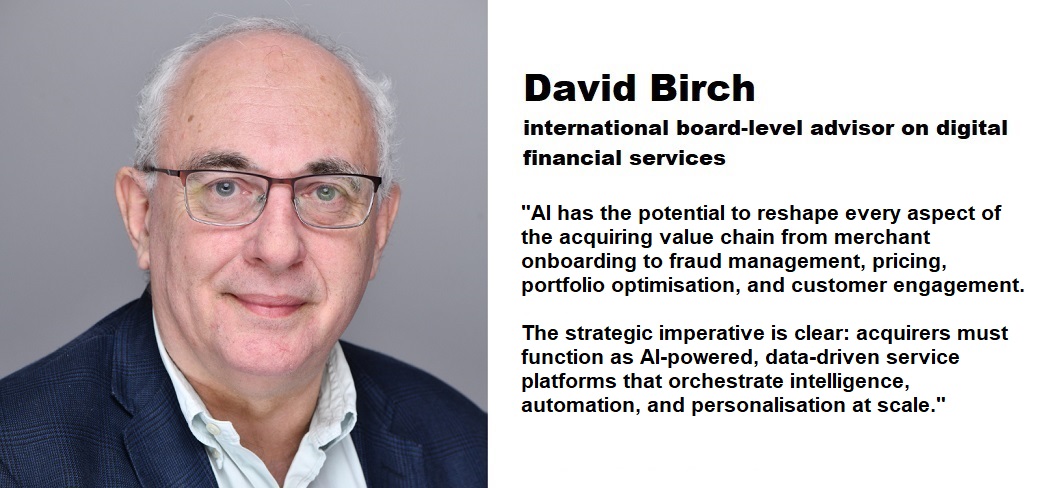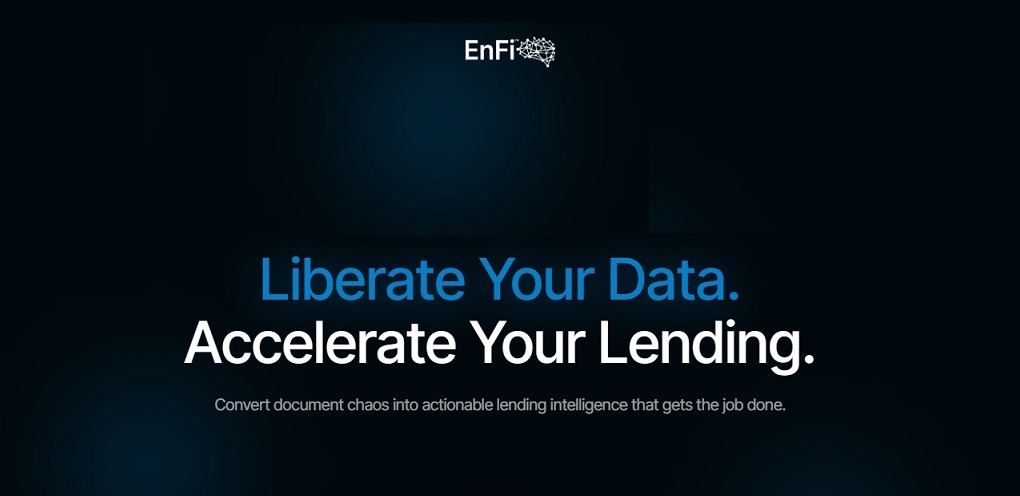The two big issues bank CEOs have with FinTech

an article written by Chris Skinner, the author of the bestselling book Digital Bank. Chris is coming to international fintech conference Banking 4.0, where he will give a keynote speech.
For all the talk about how well FinTech start-ups are doing, I hear two regular laments from bank CEOs. First, why aren’t we valued like FinTechs? and second, why aren’t FinTechs regulated like us.
On the first point, it’s quite clear that FinTech start-ups are being valued on potential and not reality. When a Stripe is worth more than three Commerzbanks or an Ant Financial is seen to be worth more than ten Deutsche Banks, then sure, bank CEOs are a bit pissed off. As Goldman Sachs CEO David Solomon put it, the bank is “getting absolutely no credit from anybody else in the investing community” on the firm’s digital banking efforts. Monzo gets two million customers in the UK and gains a $1.3 billion valuation; Goldman Sachs launch Marcus, get four million customers, $1 billion in deposits a month, launch a credit card with Apple, and its share price falls almost 20%. As Solomon states it: “If we were out in Silicon Valley and made 20% of the progress that we’ve made, we would get a lot of credit and people would be throwing money at us to own a piece of this business. But nestled inside little old Goldman Sachs, we’re just going to have to prove it over time.”
Yea, yea, yea, yada, yada, yada.
This first point is indicative of the fact that the banking sector is measured by real returns whilst the start-ups are measured by hope. Banks have shareholder return, return on equity, return on investment and so on and so forth. Real measures against real results. A start-up has a million customers, some of whom are active. It’s all about how you dress it up.
On the second point, I see this one coming up more and more often, and often talk myself about how most banks deal with five times more regulation than most technology firms. The latest bank CEO to bleat and moan about this one is Brian Moynihan over at Bank of America. Covering his views on The Financial Brand, Steve Cocheo writes that he’s a CEO who wants a level playing field when it comes to financial market regulation. Yep. But then he also makes that statement that I hate: “We’re a technology company, wrapped around a great bank, and that’s going to be the future of what we do … and that’s because our customers demand it.”
Rubbish
Talk about stuff you know about Brian, as that’s just a cool statement to make but is completely untrue. You’re not a technology company wrapped around a bank; you’re a bank wrapped around technology. And that’s why the regulator and shareholder views you differently. Regulators and shareholders look at banks as depository firms under Basel regulations dealing with capital and risk, and using technology to manage those issues. It’s nothing to do with innovation, vision, disruption, change. It’s all about stability, resilience, reliability and security. If it did cause change and risk, then the investors and regulators would come down hard.
I guess that’s what really annoys the David Solomon’s and Brian Moynihan’s of this world. They can’t win. They’re viewed as boring old companies doing boring old business in boring old markets with boring old regulation that keeps them stable and secure. Take that away, and what have you got? Urmmmm … bitcoin.
About the author
Chris Skinner is best known as an independent commentator on the financial markets through his blog, TheFinanser.com, as author of the bestselling book Digital Bank, and Chair of the European networking forum the Financial Services Club. He has been voted one of the most influential people in banking by The Financial Brand (as well as one of the best blogs), a FinTech Titan (Next Bank), one of the Fintech Leaders you need to follow (City AM, Deluxe and Jax Finance), as well as one of the Top 40 most influential people in financial technology by the Wall Street Journal’s Financial News. To learn more click here…
Dariusz Mazurkiewicz – CEO at BLIK Polish Payment Standard
Banking 4.0 – „how was the experience for you”
„To be honest I think that Sinaia, your conference, is much better then Davos.”
Many more interesting quotes in the video below:










